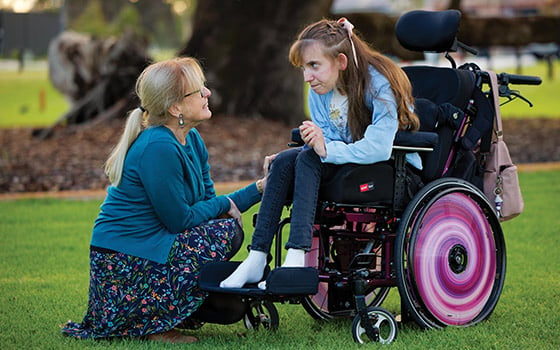Search
Showing results for "8"
In Australia research projects proposing the use of linked data require approval by a Human Research Ethics Committee (HREC).
Childhood obesity creates a predisposition to develop adult hypertension and diabetes.
The Quantitative Assessment of Solar UV [ultraviolet] Exposure for Vitamin D Synthesis in Australian Adults (AusD) Study aimed to better define the...
The aims of this study were to determine whether early childhood dietary quality was associated with infant and adolescent nutrition, and body mass index.

The Quality of Life Inventory - Disability
In this report, we explore the relationship between student wellbeing, school engagement, and academic achievement.

Are you pregnant, a parent or a carer of a child aged 0 to 8 years and live in Western Australia? Help us deliver a new early years app.

Research Assistant

Postdoctoral Research Officer - SToP Trial
We developed a measure of hand function, and then investigated relationships between hand function, type of MECP2 mutation, age and severity of symptoms.
